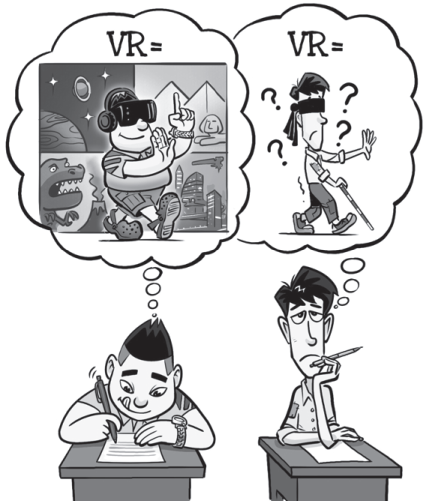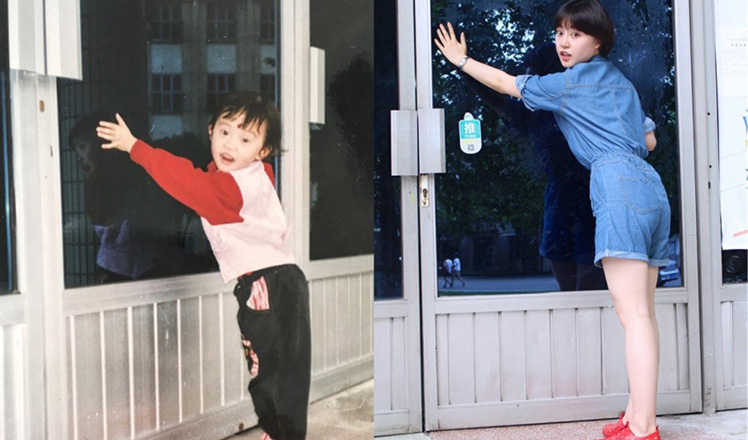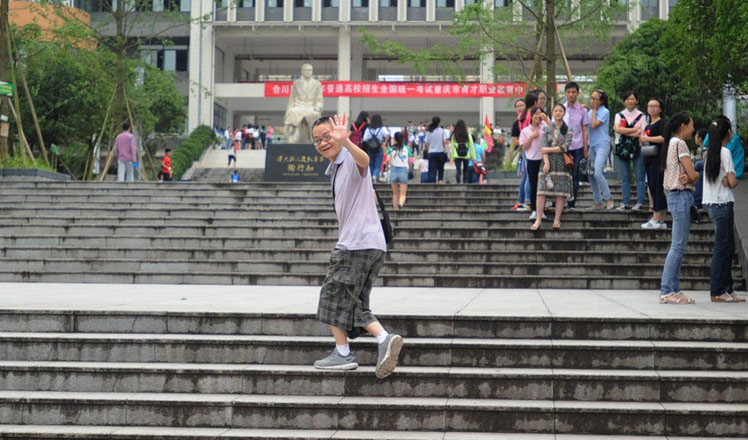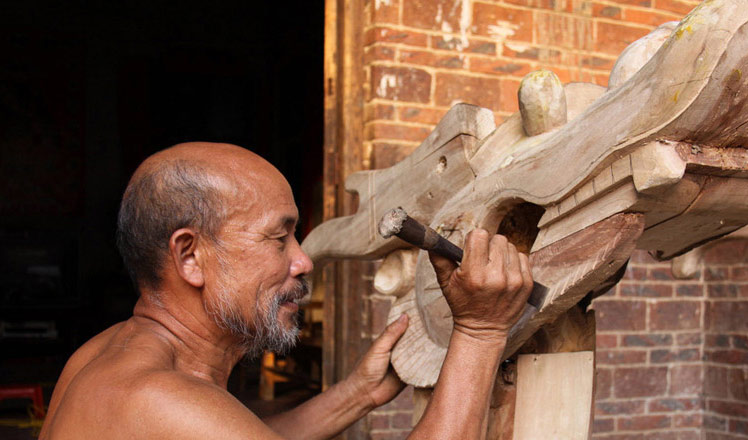Make gaokao questions more meaningful
Updated: 2016-06-13 08:50
By Zhang Zhouxiang(China Daily)
|
||||||||
 |
| LUO JIE/CHINA DAILY |
This year's national college entrance examination, or gaokao, has ended but discussions on it continue. Among the questions for gaokao, the one that got the most attention was perhaps the writing test, which required students to write a 800-word essay in Chinese in 60 minutes. The essay carried 60 points out of a total of 750-the highest among single questions.
It won't be an exaggeration to say that the essay was the most decisive question in the exam and examinees' total scores were largely determined by it. It plays a key role in deciding whether they can go to a college and which one they will go to.
The subjects for the essay varied from province to province. Yet this year the essay's subjects in some provinces had some problems-some could lead to inequality or cause other "side effects" among candidates. For example, the essay's subject in East China's Zhejiang province this year was: "Are you for or against virtual reality (VR) technology? Why?"
Such a question might have been aimed at encouraging students to be more creative and learn more about advanced technologies. But the problem is, VR is a rather new concept and many people, especially high school graduates from rural areas, might not even be aware of what it is.
Besides, given the advanced nature of VR devices, some analysts say, they remain a luxury for students from not-so-well-to-do families. Therefore, forcing them to answer such questions would be unfair, both socially and financially.
Some may argue that a short paragraph after the question paraphrases the issue. But since VR is a highly complicated subject, we cannot expect all fresh high-school graduates to understand it by just reading the paraphrase.
Another problematic essay topic was seen in the question paper in Southwest China's Sichuan province. It tells a rather illogical story of the suffering of a business start-up because other companies have copied its brands. Following this, the start-up streamlines its operations and makes its patent public, allowing everybody in the industry, including the counterfeiters, to benefit. To make matters more complicated for the examinees, the whole story was written in a chickensoup-for-the-soul style.
Isn't it absurd to select such a story for gaokao? The start-up's intellectual property rights were violated, yet no one helped it get compensation. And instead of receiving their deserved punishment, the counterfeiters make profits because of the absence of IPR protection.
Other controversial topics included "promotion of soft power and giving more attention to the Chinese language", which is too big and complex an issue for fresh high school graduates.
That people are discussing gaokao questions shows they care for justice. For most high school graduates, gaokao decides whether they can attend college. As such, tens of thousands of rural students could unfairly lose valuable scores if they are forced to answer questions on VR devices, because most of them have never used them.
Moreover, gaokao is organized by the State and the value it promotes should not be skewed. Data show that 9.4 million high school graduates took this year's gaokao, of which 570,000 were in Sichuan. If the essay question sends a wrong message on IPR protection, how could anyone trust China's determination to fight piracy?
Actually, people are not excessively critical of gaokao. Instead, they welcome good topics in question papers. The question in Shanghai's paper is a good example, because it asked examinees to write on talking about others. It is an open question, allows examinees to write freely, and is in accordance with the shared value of the contemporary world.
Hence, it is time gaokao examiners set more considerate questions, because on gaokao hangs the destinies of millions of youths.
The author is a writer with China Daily.
zhangzhouxiang@chinadaily.com.cn
- Suspected IS terrorists arrested in Germany
- Japanese boy abandoned by parents in Hokkaido forest found alive
- China to build Africa's biggest university library
- 'Kill list' found in UCLA campus shooter's residence: Police
- Swiss declare Alps tamed as Gotthard rail tunnel opens
- China urges Japan to properly settle Chinese forced laborers issue

 Shanghai Disneyland all set for official opening on Thursday
Shanghai Disneyland all set for official opening on Thursday
 British pageantry on parade for Queen's official birthday
British pageantry on parade for Queen's official birthday
 Carrying bricks to selling carrots: Life of child laborers
Carrying bricks to selling carrots: Life of child laborers
 Graduate revisits same university spot 19 years later
Graduate revisits same university spot 19 years later
 Euro powers land in France for UEFA EURO 2016
Euro powers land in France for UEFA EURO 2016
 The most unusualgaokao candidates in 2016
The most unusualgaokao candidates in 2016
 Elderly man carries on 1000-year old dragon boat craft
Elderly man carries on 1000-year old dragon boat craft
 Row your dragon boat, cute pandas in Yunnan!
Row your dragon boat, cute pandas in Yunnan!
Most Viewed
Editor's Picks

|

|

|

|

|

|
Today's Top News
Abe's blame game reveals his policies failing to get results
Ending wildlife trafficking must be policy priority in Asia
Effects of supply-side reform take time to be seen
Chinese State Councilor Yang Jiechi to meet Kerry
Chinese stocks surge on back of MSCI rumors
Liang avoids jail in shooting death
China's finance minister addresses ratings downgrade
Duke alumni visit Chinese Embassy
US Weekly

|

|







